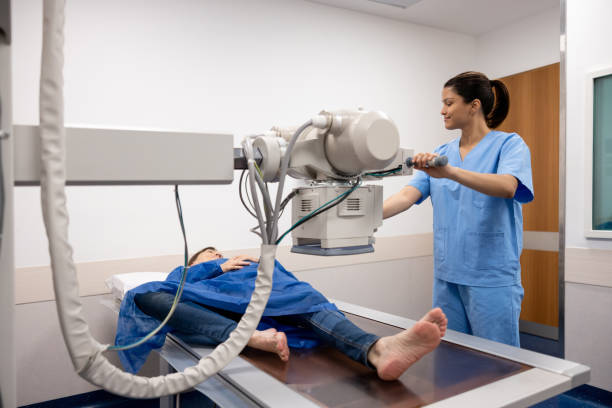Surgical Technologists, also known as Operating Room Technicians, play a crucial role in the operating room. They are responsible for assisting surgeons, anesthesiologists, and registered nurses during surgical procedures. Surgical technologists work in a fast-paced, high-pressure environment, but their contribution to the success of a surgical operation is invaluable.
Education and Training Requirements
To become a surgical technologist, individuals must complete a surgical technology program that is accredited by the Commission on Accreditation of Allied Health Education Programs (CAAHEP) or the Accrediting Bureau of Health Education Schools (ABHES). These programs typically last 9 to 24 months and result in a certificate or associate’s degree. After completing their education, surgical technologists must pass the National Board of Surgical Technology and Surgical Assisting (NBSTSA) exam to become certified and eligible for employment.
Roles and Responsibilities
The duties of a surgical technologist can vary depending on the type of procedure and the surgeon’s preference, but their main responsibilities include:
- Preparing the operating room by setting up surgical instruments and equipment
- Sterilizing equipment and instruments
- Draping the patient to ensure their privacy and protection
- Assisting the surgeon during the procedure by handing them instruments and supplies as needed
- Maintaining a sterile field during the procedure
- Closing incisions and applying dressings after the procedure

Importance of Surgical Technologists in the Operating Room
Surgical technologists play a crucial role in ensuring that surgical procedures run smoothly and safely. Their thorough preparation and attention to detail help to reduce the risk of infection and other complications. In addition, surgical technologist provide important support to surgeons and nurses, allowing them to focus on the critical aspects of the procedure.
Conclusion:
Surgical technologists are an essential part of the surgical team, playing a crucial role in the success of surgical procedures. With their specialized education and training, they are prepared to handle the demands of the operating room and contribute to positive patient outcomes. Surgical technologists are truly unsung heroes in the healthcare industry, deserving of recognition and appreciation for their hard work and dedication.

